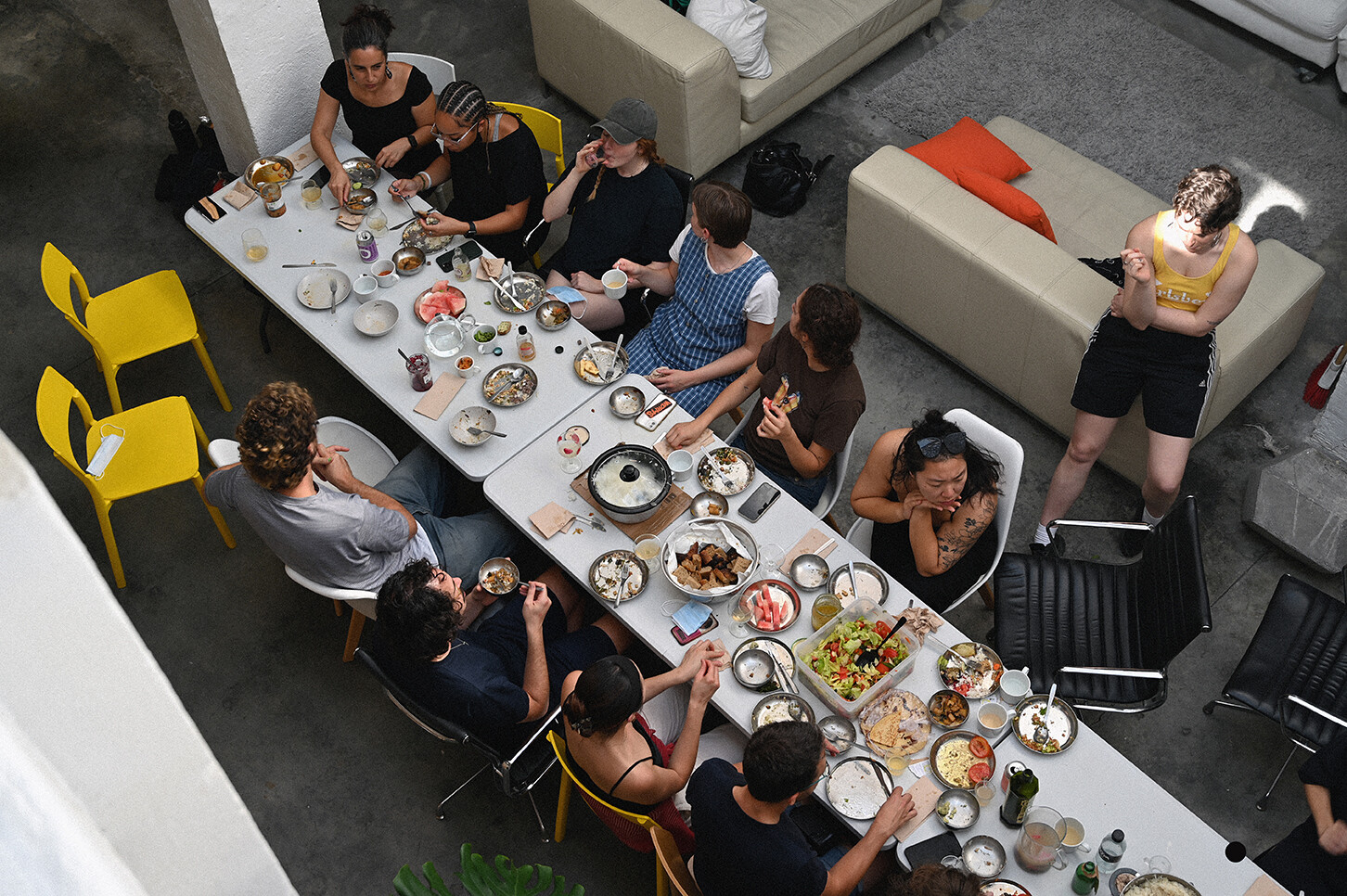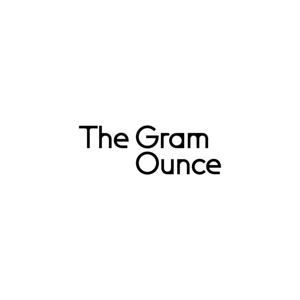Establishing food as a legitimate discipline within the arts
Extended deadline: March 31, 2024
This Food & Art Alternative MA pursues the reconceptualisation of the world through food, reframing a food-scape reality where to develop an artistic practice. This programme is built on a desire to explore, learn and relate to food as a valid discipline in the arts, academia and other educational contexts. The MA departs from an understanding of food as foundational, the essential part of any world-building exercise. Through it, we aim to establish food and cooking as inherent signifiers of human culture. Seeing-through-food is crucial because food and its systems build the current ecological terraforming.
Structure
The majority of this programme is held online, in the form of lectures, guest speaker presentations, conversations and one-to-one or group tutorials. References and reading materials are made available in advance, which participants are encouraged to read/engage with.
Once per term, participants are invited to join us on an in-person residency: ten days of practice-based learning and project development through workshops and creative exercises, held at three different institutions, collectives or platforms in Europe. The residencies are fundamental in order to strengthen bonds between participants and tutors, and offer a chance for experimentation and development of the participants’ projects.
Upon applying, participants are requested to share an in-progress project or plan for a project which relates to the themes explored in the MA. Throughout the year, participants have the opportunity to further develop this project, through the in-person residencies but also with online support from 1-to-1 tutorials and peers. At the end of the academic year, we will work towards an exhibition together. This is a chance to showcase the participants’ research and projects and share it with the public. The exhibition can take the form of a dinner, a show of physical artworks, a publication, a film etc. The shape and form of it will be built collectively during the year, following the progress of the participants.
Course content
First term—The Limits of the Edible: Cosmologies of Eating the Other
We begin at the mouth. What are the politics and cosmologies that result from the different regimes of eating an-other? Animals, plants, microbes, minerals, stones, and even humans? What can we learn from their pass through our bodies? Who gets to decide the limits of the edible? We lay our foundations by investigating the colonial heritage of “othering”, and the gendered politics of eating and digesting. We place ourselves along the socially constructed dichotomies of human/animal, life/death, pleasure/pain, culture/nature, and face the deep-rooted prejudices of Western metaphysics and politics. What separates body from flesh, flesh from meat? Whose death is grievable and whose is not?
Second term—What We Eat in Our Dreams: Swirling in the Quantum
Moving into the second term, we consider dream spaces as places for connecting with non-rational thought. By opening ourselves up to non-logical, non-linear thinking, what possibilities arise? What might we eat in the dream space—and would we need to eat at all? In this term, we learn from indigenous spirituality, metabolic processes of assimilation and energy transmutation. We swirl in the Quantum - paying attention to that which is (or has been deemed) infinitely small, practising the “art of noticing” . As we enter beyond-visible realms, we bring with us the tools of science fiction, speculative thinking and fabulations. We look beyond the Western “enlightened” thought, as we work to dismantle pervasive, rigid and homogenising capitalist webs.
Third term—Contemporary Creation on a Damaged Planet
How do we navigate a damaged planet? What tools are at our disposal, or what tools may we fabricate, considering the effects of human action on more-than-human systems and lives? During this final term, we consider our roles as artists in the face of a deep climate crisis, but also our roles as beings who eat. What does food and art making look like during the Apocalypse? What will we eat at the end of time? In an attempt to combat an impending sense of capitalist doom, we search for answers (and further questions) in the reclaiming of radical pleasure, multispecies joy and life in the cracks.
Calendar
February 21: Alternative MA applications open
March 31: New extended deadline
April: Alternative MA places offered
July 1: Pre-entry materials sent
September 21: Online access sign up deadline.
First term
September 27–October 6: First residency
October 7: Alternative MA starts / first term
Decmber 9–January 19: Winter break
Second term
January 20: Alternative MA restarts / second term
March 14–23: (TBC) Second residency
March 25–30: Easter break
Third term
April 1: Alternative MA restarts / third term
May 23–June 1: (TBC) Third residency
Find out more and apply via The Gramounce website.






